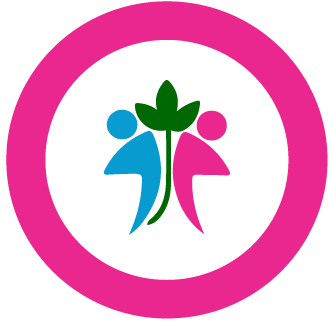Thomas Doe
Social WorkerNulla totam rem metus nunc hendrerit ex voluptatum deleniti laboris, assumenda suspendisse, maecenas malesuada morbi a voluptate massa! Hendrerit, egestas.

The significance of basic education in Africa, and specifically in Ghana, was not always acknowledged due to various factors and traditional beliefs held by our ancestors.
In the past, formal basic education was often seen as a waste of time and resources.
The initial efforts to introduce formal education in Ghana were made by European merchants, particularly the Danes, Dutch, and English. They initially focused on educating their mixed-race offspring, who were born to native women in the forts and castles, with the intention of preparing them for administrative and military roles.
Historical records suggest that the Portuguese established a school at Elmina Castle around 1529, while the Dutch, who later took over the castle, are believed to have opened their own school in 1644, which operated for two centuries. The British also established a school in nearby Cape Coast Castle, and the Danish did the same at Christiansborg Castle in Accra.
However, we must question when other regions and villages embraced the idea of education. How many parents truly understood and recognized its benefits without solely focusing on their cocoa and coffee farms?
Today, basic formal education has produced great leaders like the late Kofi Annan, as well as investors and entrepreneurs across Ghana and the African continent.
Discussing basic education in Ghana may seem like a straightforward topic to someone whose primary concern is paying their children’s school fees and monitoring their academic performance, but it is not just a matter of personal interest.
Albert Nyarko Jnr was correct when he stated, “Our basic education system in Ghana has undergone several structural changes over the years. Our leaders and education stakeholders have implemented measures to revamp and improve the curriculum and structure of the basic education system.”
However, there is still a need to go the extra mile in developing the mental faculties of young students, equipping them to become problem solvers who can creatively find suitable solutions when faced with challenges.
It is also crucial to help young individuals identify and cultivate their skills, which may include poetry recitation, drawing, and photography.
Basic education instills moral values in students, preparing them to fit perfectly into society as they grow older.
Stakeholders must invest in basic education by providing infrastructure, resources, and personnel.
Since basic education lays the foundation for the growth of young children, it is a collective responsibility for everyone to invest in Ghana’s educational system. This will enable us to nurture forward-thinking leaders who will contribute to the development of Ghana, Africa, and the world as a whole, in line with our goal of achieving SDG #4: Quality Education.
It is time for us, as children seeking a new beginning of quality basic education, to fight for what we deserve.